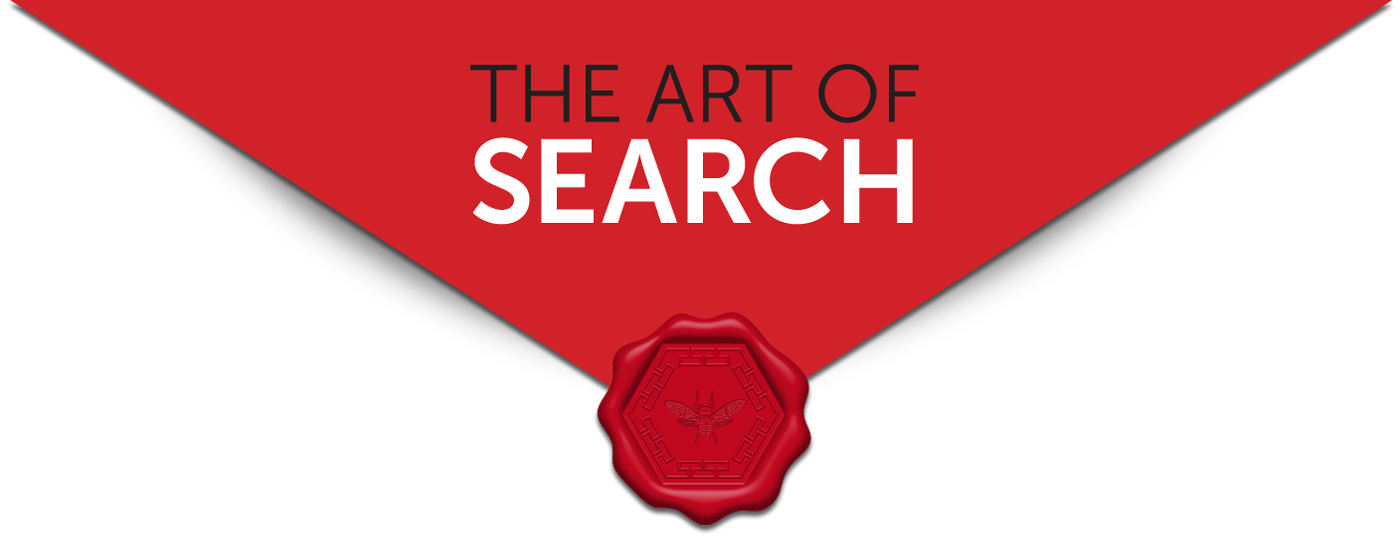

Keywords and Sausage Rolls
So - you think keywords are only about Search and vice versa? Sorry to burst your bubble but a visit to a Luton street bar last week illustrated just how keywords are powerful linguistic shortcuts to cognitive thought.

The Scenario
Last week I nipped into Mailboxes Etc in Park Street, Luton, to collect a trial, short-run of business cards; it was lunchtime so, on my way, I stopped at The Sandwich Bar for a quick and dirty sandwich. The bar is a long-established, firm-favourite of construction workers across the town, it's open from 6am and specialises in teas, news and rolls.
Pointing at a tray of cut and prepared baguettes I said:
May I have a sausage roll please?
The lady behind The Sandwich Bar's counter confirmed and asked if I'd like the roll hot; it was my turn to confirm, then the lady told me that she'd go out back and get one.
Upon her return I added:
Before you're done, would you add some coleslaw please?
My request was met with a look that should only be reserved and served-up in response to a Customer's request for the addition of a freshly pickled meerkat. The look of disbelief was accompanied by verbal clarification that coleslaw was really what I wanted. Again, my turn to confirm my request and the opportunity to regard a continuing look of disbelief on the sandwich-maker's face. She was reeling from my concept of socially-acceptable street food and I was told that my request was a 'first'. I asked if that meant my world-first sandwich was free ;-) but the sandwich-maker kept her head down and concentrated on fulfilling her Customer's order.
That's a wrap
Just as my sausage roll was about to be prepared for the coleslaw, everything about this weird conversation fell into place. In front of me, the sandwich-maker had placed a sausage roll - you know, sausage meat that's been piped into a pastry wrapping and oven-baked. A sausage roll.
Ah. I don't want a sausage roll, I want a sausage roll.
This was a sandwich bar, one that advertises teas, news and rolls; one might have rightly assumed that a sausage served in a baguette would be referred to as a sausage roll. However, it appears that the sandwich bar carries two lines that might be referred to as a sausage roll. Given the perceived weirdness of my request one might also have thought that a confirmation as to whether I wanted a sausage roll [pastry] or a sausage roll [baguette] would have been in order.
Learning the language of the Customer
The Sandwich Bar has been trading in Luton since taking fax orders was trendy. In that time I can't have been the only one who's asked for a sausage roll. So imagine that this street food vendor decides to create a website and promote their teas, news and [sausage] rolls. Now imagine the frustration of a Customer (one who'd searched for 'hot sausage rolls luton') placing an online order for a sausage roll and being supplied, instead, with a sausage roll.
I could have asked for a sausage baguette but I modified my request because of the signs outside and menus inside the shop for rolls filled with bacon, egg, sausage etc. Keywords are the bridge between your commercial offer and your Customers' cognitive thought. Learning the language of the Customer is a vital business skill whether you run a sandwich bar or are optimising a website. If you don't use the language of the Customer you'll never be found via a search engine. If you think this is the Customers' fault because they're weird and are using the wrong words, then it's time for you to rapidly rethink how you describe what you offer them. Because the keywords they search with are the same keywords they will want to use when asking you for things they want to buy. Change your language because you should, by now, realise that what you're optimising your website with are not your keywords but those of your Customers.
 @theartofsearch
@theartofsearch